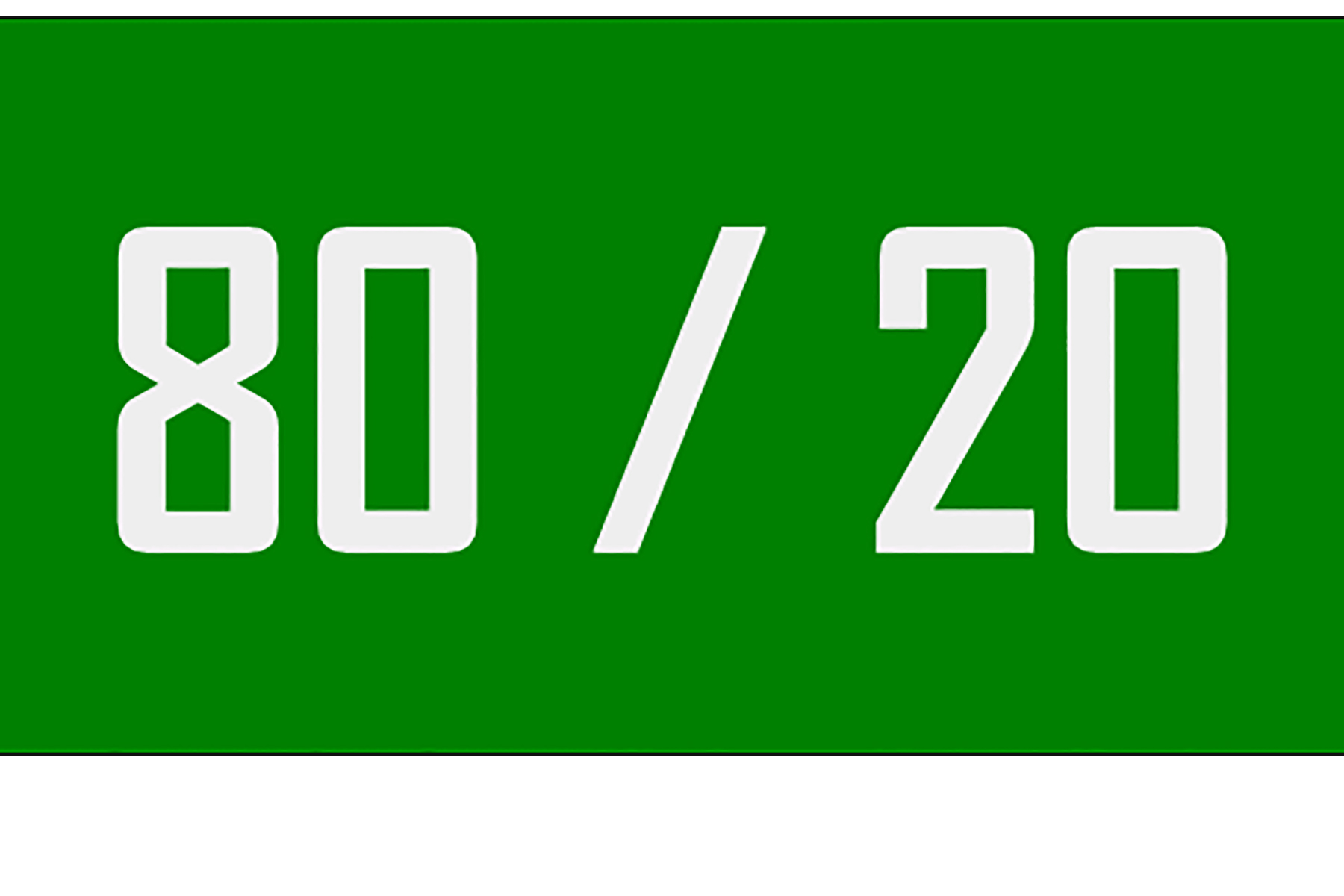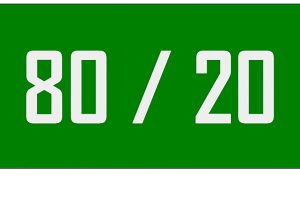Tag: Responsibility
Protect your Wellbeing from the Coronavirus

—
Disclaimer: I am NOT a medical doctor and this is NOT medical advice.
This post is about specific activities we can do to help us cope with the fear, uncertainty and undesired consequences of this crisis, especially for those of us confined to our homes.
I am sharing a one-pager with activities we can practice in different areas of our lives. Regular practice will prove to keep us in the best possible condition to cope with this crisis.
—
I designed this for you to download
and use as a checklist or cheatsheet
to keep us in check during this time.
—
You will notice I use the term “emotional fitness”. Just like physical fitness is the condition that allows us to perform physical activities, such as sports, emotional fitness is the condition that allows us to use our emotional intelligence so as to live fully.
I feel most of this is easier understood than done, but I’d love to know your thoughts and questions.
Stay safe.
Feedback Part I: How to Make Stronger Statements

Humans need feedback to grow, which make giving feedback the gift of growth. While positive feedback gives us the energy to grow, constructive feedback — when done well — shows us the path for growth, that is, what we can improve and how.
This series focusses on how we can make our constructive feedback more effective.
Here in part I, I share three ways to make our statements stick when giving constructive criticism.
What techniques do you use to make your statements clearer?
—
Rage Against The Dying Of The Light

In this poem “Do Not Go Gentle Into That Good Night”, Welsh poet and writer, Dylan Thomas proclaims that the wise and good do not go gently into the good night of death.
Instead, they rage against the dying of the light, against the demise of what wisdom and good their words and deeds may have effected in the world.
Though good and wise leaders must die, as we all,
their light need not follow them into the good night.
It is now our journey to carry on their work and to “rage, rage against the dying of the light.”
It’s Always My Fault!

 On Tuesday, a client and I met to discuss a session we’re going to do on relationship management. One of the topics was how the corporation’s managers sometimes can’t stand some of the people they work with. They feel it’s useless and case closed.
On Tuesday, a client and I met to discuss a session we’re going to do on relationship management. One of the topics was how the corporation’s managers sometimes can’t stand some of the people they work with. They feel it’s useless and case closed.
I love this topic, especially when it comes up in my seminars. It’s always interesting to see the look on participants’ faces when I present the commitment ratio of the relationship building system I created: 80% you; 20% the other person. What?!
Yep, that’s the look on their faces. You do 80% of the work and the other person does 20%. “That’s not fair!” — some might say. Relationship management at work is not about fairness (that comes later), it’s about effectiveness.
The ultimate challenge is not
how you relate to others. It’s how you deal with YOU!
Relationships need to function for everyone to get their jobs done. An 80/20 ratio assures your commitment produces functioning results that guarantee performance. “But it doesn’t make sense: the other person is the problem, not me!” — others object.
This reminds me of a story back in my university days. One late night, as I was making my way home, I saw a man literally banging his head against a street post. I kind of recognized him, so I walked up to him.
After a long monologue, I came to learn his tragic story. His wife had left with another man and took the children. His partner was no longer a partner. His business was crumbling. He was drinking… I almost felt sorry for him. But then I didn’t.
It’s a tough lesson: either you take on the responsibility
of being in charge of the events of your life or… you don’t.
When he finally asked if I wasn’t going to say anything, I asked: “You expected people would behave in a certain way, right?” What?! — was the look on his face. Then silence. Then a smile.
“That’s right”, he said. “I’ve blamed everyone around me for everything that has happened to me. That puts the power to lead my life in their hands, not in mine. To be in charge, I need to accept it’s my fault.”
That day, that man began to understand that it will always be up to him to take charge of how relationships affect his life and how he will proceed. He understood that the outcomes of our relationships start with us.
Today, that man leads a fulfilling life — lots of challenges no doubt, but fulfilling. Today, he is an 80/20 man, committed to producing functioning results that guarantee performance. His approach is: regardless of what happens, it’s always my responsibility.
Could this work for you? I’m eager to see how the managers will respond!

